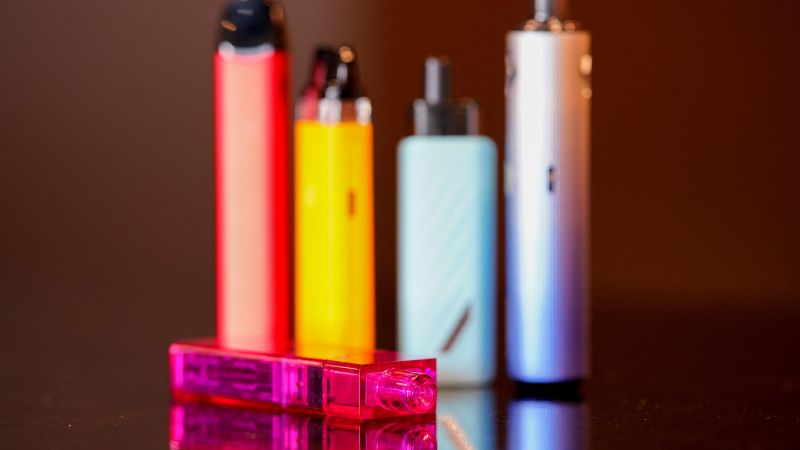In Australia, new laws have made it harder to buy vapes, with restrictions on the sale of nicotine vapes to pharmacies. Users will now need a doctor’s prescription to purchase vapes, with only mint, menthol, and tobacco flavors available. These laws are being hailed as “world-leading” by the government, as they aim to combat the use of vapes by young people. Health Minister Mark Butler commented on the significance of the laws, emphasizing their impact on the health of young Australians.
However, a political deal has been struck to ease the restrictions in October, only requiring minors under 18 to have a prescription. Some leading pharmacy chains have already declared that they will not stock vapes, citing concerns about the potential harm and addiction associated with these products. The Greens Party in Australia had advocated for adults to be able to buy vapes without a prescription, as they do not support prohibition or criminalization of vaping.
While it is not a criminal offense to possess vapes for personal use, importing and selling commercial quantities will result in large fines. Concerns have been raised about the possibility of a black market for vapes emerging, similar to the existing black market for cigarettes in Australia, due to the high tobacco taxes in the country. As the cost of tobacco is expected to rise with a tax increase in September, there are fears that young vapers who are locked out of the vape market may turn to cigarettes for their nicotine fix.
Internationally, other countries are also grappling with the rise in young people taking up vaping, with various approaches being taken to address the issue. In the US, the Food and Drug Administration recently approved the first non-tobacco-flavored e-cigarette products, drawing criticism from pediatricians and anti-tobacco groups. The FDA has also partnered with the Justice Department to target illegal sales and distribution of e-cigarettes in the country.












